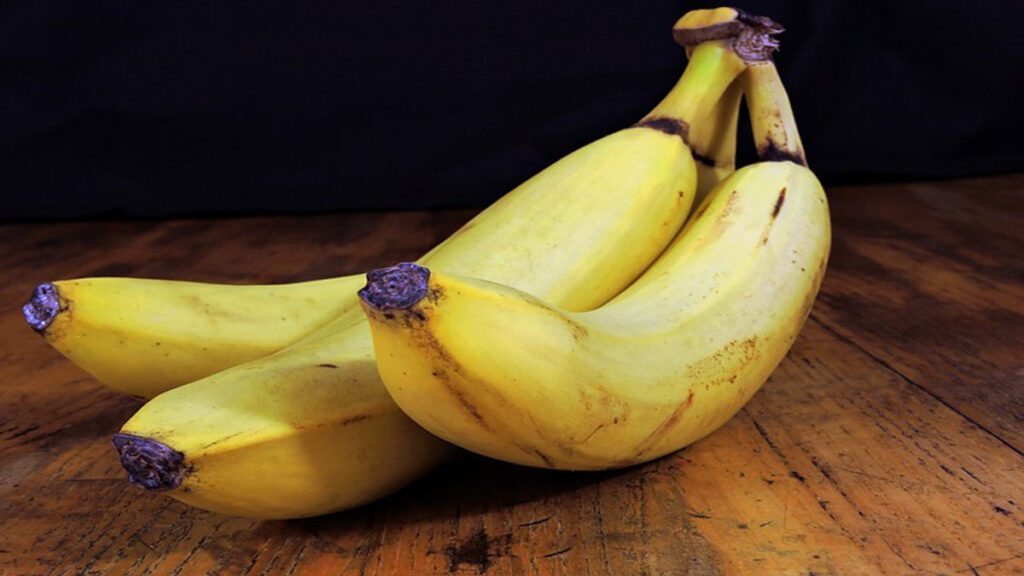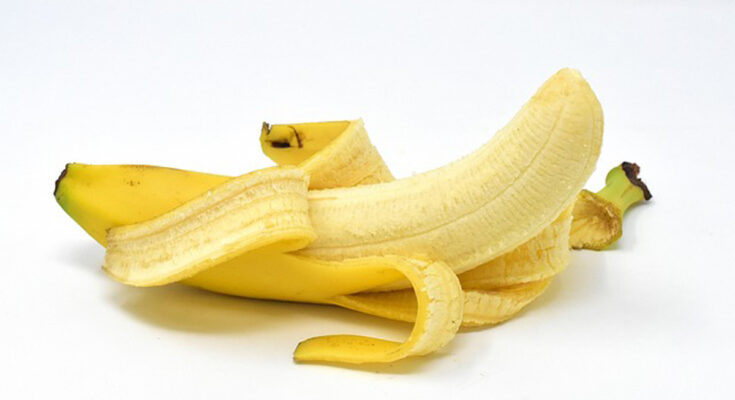
Contents
How Many Bananas Should You Eat Per Day?
Bananas are a popular and nutritious fruit enjoyed by people worldwide for their delicious taste and numerous health benefits. However, like any food, moderation is key, and it’s essential to consider how many bananas are optimal for daily consumption to support overall health and well-being. In this article, we explore the factors to consider when determining the ideal number of bananas to eat per day and provide guidelines for incorporating this versatile fruit into a balanced diet.
Nutritional Profile of Bananas
Before delving into how many bananas to eat per day, it’s important to understand the nutritional composition of this tropical fruit. Bananas are rich in essential vitamins, minerals, and dietary fiber, making them a valuable addition to any diet. A medium-sized banana typically contains the following nutrients:
Potassium:
Bananas are renowned for their high potassium content, with approximately 422 milligrams per medium-sized fruit. Potassium plays a crucial role in maintaining proper heart function, regulating blood pressure, and supporting muscle and nerve function.
Vitamin C:
A medium banana contains about 10% of the recommended daily intake of vitamin C, an essential antioxidant that boosts immune health, promotes collagen formation, and aids in iron absorption.
Vitamin B6:
Bananas are a good source of vitamin B6, also known as pyridoxine, which is involved in over 100 enzyme reactions in the body. Vitamin B6 plays a vital role in metabolism, neurotransmitter synthesis, and immune function.
Dietary Fiber:
With approximately 3 grams of fiber per medium-sized fruit, bananas are an excellent source of dietary fiber, which promotes digestive health, regulates blood sugar levels, and helps maintain a feeling of fullness.
Factors to Consider
Several factors influence the ideal number of bananas to consume per day, including:
Individual Nutritional Needs: Everyone’s nutritional requirements vary based on factors such as age, sex, weight, activity level, and overall health status. Individuals with higher energy needs or increased potassium requirements may be able to consume more bananas per day.
Total Caloric Intake: While bananas are nutritious, they also contain calories, primarily from carbohydrates in the form of natural sugars. Eating too many bananas without considering overall caloric intake could lead to weight gain, especially if energy expenditure is low.
Dietary Diversity: While bananas offer numerous health benefits, it’s essential to consume a variety of fruits and vegetables to ensure adequate intake of other essential nutrients not found in bananas.
Blood Sugar Levels: Individuals with diabetes or those monitoring their blood sugar levels should be mindful of their banana intake due to the fruit’s natural sugar content. Pairing bananas with protein or healthy fats can help mitigate potential spikes in blood sugar levels.
Guidelines for Banana Consumption
Based on the factors mentioned above, here are some guidelines for incorporating bananas into your daily diet:
Moderation: While there is no strict limit on how many bananas you can eat per day, moderation is key. For most individuals, consuming one to two medium-sized bananas per day as part of a balanced diet is considered safe and beneficial.
Consider Your Nutritional Needs: Adjust your banana intake based on your individual nutritional requirements, including potassium needs, energy expenditure, and overall dietary preferences.
Pair with Protein and Healthy Fats: To help stabilize blood sugar levels and promote satiety, consider pairing bananas with sources of protein or healthy fats. Examples include adding nut butter to banana slices, blending bananas into a smoothie with Greek yogurt, or enjoying a banana with a handful of nuts.
Variety is Key: While bananas offer numerous health benefits, it’s essential to consume a variety of fruits and vegetables to ensure a well-rounded diet. Incorporate other fruits, such as berries, apples, citrus fruits, and tropical fruits, to diversify your nutrient intake.
Listen to Your Body: Pay attention to how your body responds to banana consumption. If you experience any digestive discomfort or changes in blood sugar levels, adjust your banana intake accordingly and consult with a healthcare professional if necessary.
Conclusion
In conclusion, bananas are a nutritious and versatile fruit that can be enjoyed as part of a balanced diet. While there is no strict limit on how many bananas you can eat per day, moderation and consideration of individual nutritional needs are essential. For most individuals, consuming one to two medium-sized bananas per day can provide valuable nutrients, including potassium, vitamin C, vitamin B6, and dietary fiber, while promoting overall health and well-being. By incorporating bananas into a diverse and balanced diet and listening to your body’s signals, you can enjoy the many benefits of this delicious and nutritious fruit without overdoing it.




